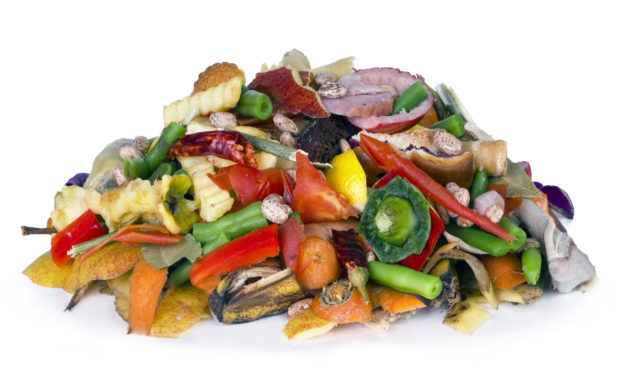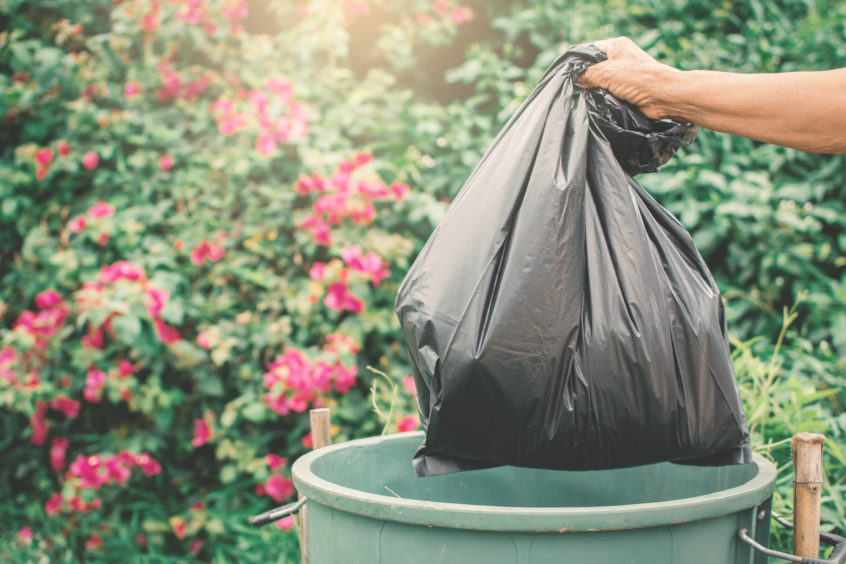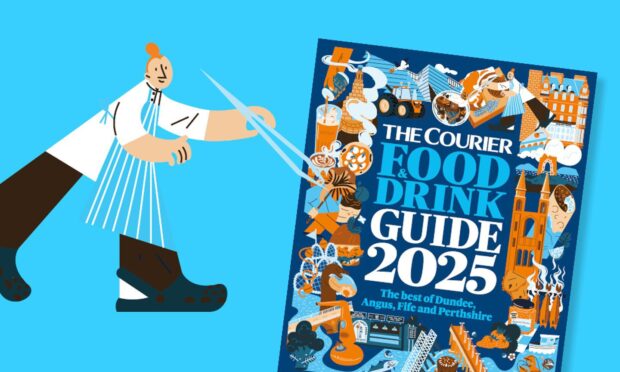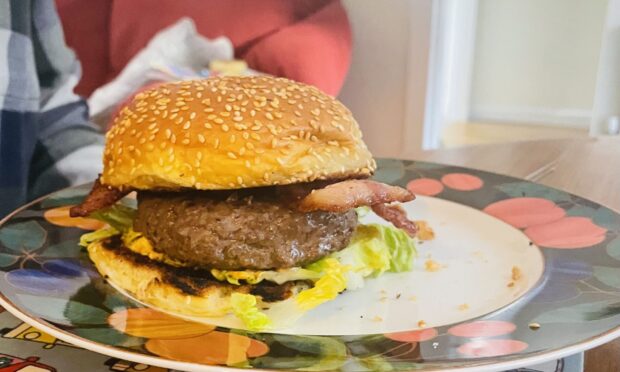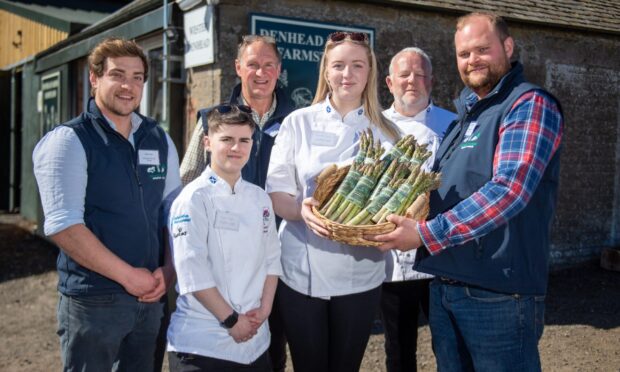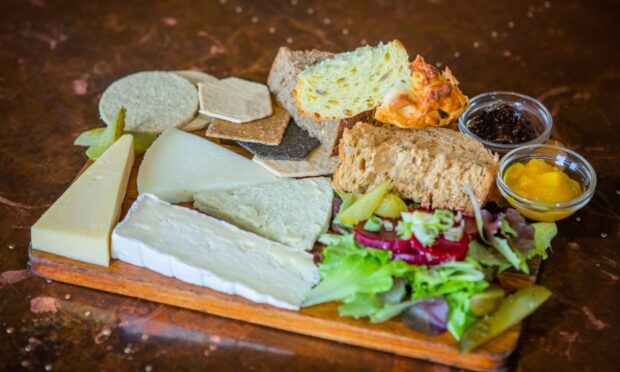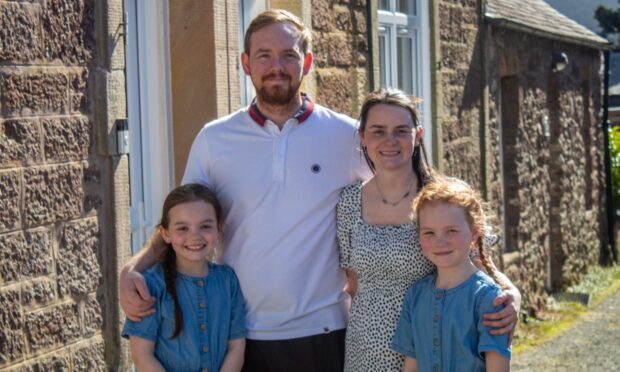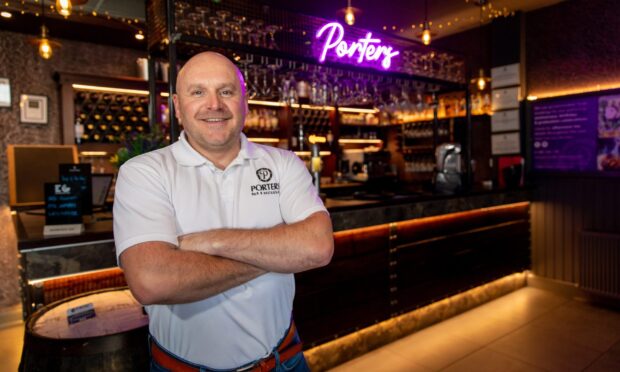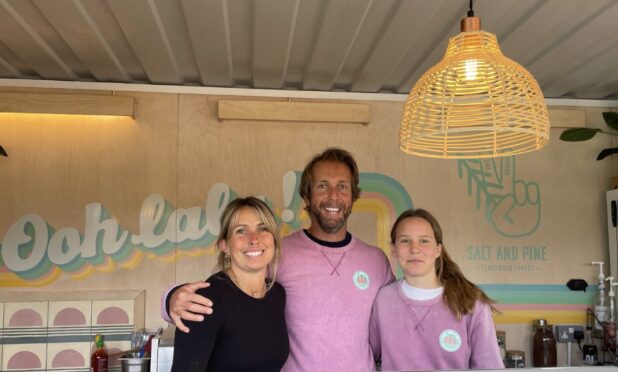A Perthshire cafe is trying to cut its costs and reduce wastage by taking part in a new initiative powered by Zero Waste Scotland.
The Glendoick Garden Centre cafe is one of more than 200 businesses looking to curb outgoings and reduce their food waste through the Waste Reduction Business Support from Zero Waste Scotland that now provides free online virtual assessments.
With funding from the European Regional Development Fund (ERDF) and Scottish Government, the organisation is offering the online enhancement to its existing onsite service to recognise businesses that may still be affected by coronavirus distancing restrictions.
Almost 280 businesses have already been supported through the service, with typical cost savings of around £5,000 per annum.
Funding streams
Interest free loans ranging from £1,000 to £100,000 are available to support firms amending their operations to reduce waste. The service can also point businesses to other potential funding streams.
Iain Clunie, Zero Waste Scotland’s food and drink programme manager, said: “It has never been more important for businesses to cut their costs and make savings where they can, and our Food Waste Reduction Business Support allows them to do just that.
“We can help identify where waste is occurring and ways to tackle this. For instance, we know menu planning and stock control are issues for many during this uncertain time and it is something we can help with.”
The Food Waste Reduction Business Support is available to firms across Scotland. All areas of a business can be examined and covers everything from reducing the volume of fryer oil used and cutting back on plate waste, to process efficiency and improving temperature-controlled storage to keep food fresh for longer.
It is estimated that every 240-litre bin filled with food waste costs around £151 for food purchase and disposal.
Additionally, the assessment goes beyond just the cost of the collected food waste, it also covers raw materials, the staff time used to prepare the food, and the water and energy used in the cooking process.
Engagement
A desire to reduce food waste, identify better use of by-products and establish the real cost of waste to the company was the reason Perthshire’s Glendoick Garden Centre chose to engage with Zero Waste Scotland.
Business support advisors and food waste reduction consultants worked with Glendoick staff to monitor waste and established a new process for preparation as they discovered pre-prepared sandwich fillings were a regular source of waste.
Senga Murray, cafe manager at Glendoick, said: “Glendoick decided to participate in the Zero Waste Scotland food waste support services, confident we were already doing everything to keep wastage to a minimum. Still, we thought we had nothing to lose.
“After the initial assessment, the follow-up meeting guided us through how to record wastage, with a tool kit to monitor wastage in different areas.
“In conclusion, where we thought our highest waste area was and where it actually was surprised us. The report highlighted areas of high wastage we were unaware of.
“Following the findings, we were able to implement systems and procedures to reduce our wastage even more. A great service and we were delighted to be proved wrong.”
Environmental impact
Across the businesses supported to date, Zero Waste Scotland estimates that their advisors have identified potential savings of almost 40,000 tonnes of carbon dioxide – the equivalent of running a fridge for a year for 85,839 homes.
Preventing food waste is a key priority for Scotland, with a Scottish Government target to reduce food waste by a third by 2025, and is an essential step in the fight against climate change.
The energy, resources, and associated carbon emissions that go into producing and processing food go to waste when food isn’t eaten. On top of that, food waste emits potent greenhouse gas emissions if it ends up in landfill.
Last month, Zero Waste Scotland launched its Surplus Food Redistribution Service, an online matchmaking service aimed at rescuing food that would otherwise be wasted during this period of uncertainty, by connecting suppliers with surplus produce and organisations that will benefit from it.
To find out how Zero Waste Scotland’s Food Waste Reduction Business Support can aid your business, visit zerowastescotland.org.uk/FoodDrink/BusinessSupport or email food.drink@zerowastescotland.org.uk
